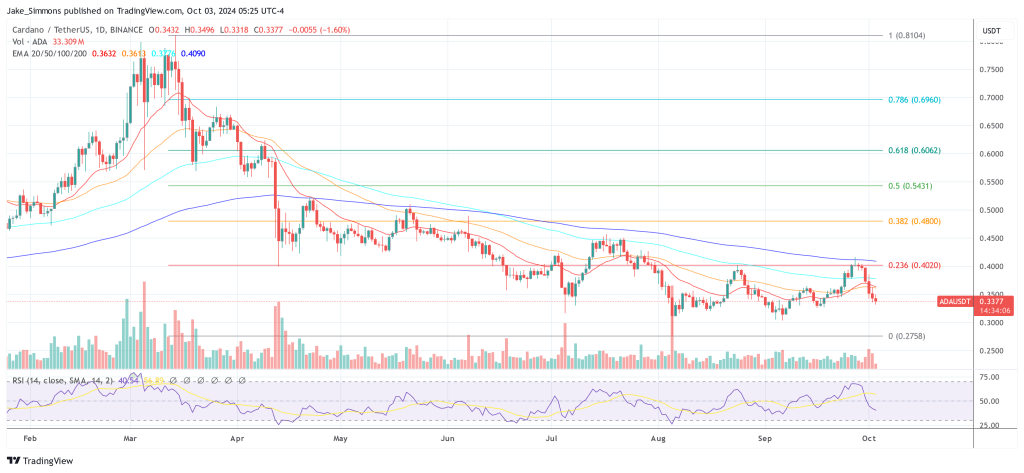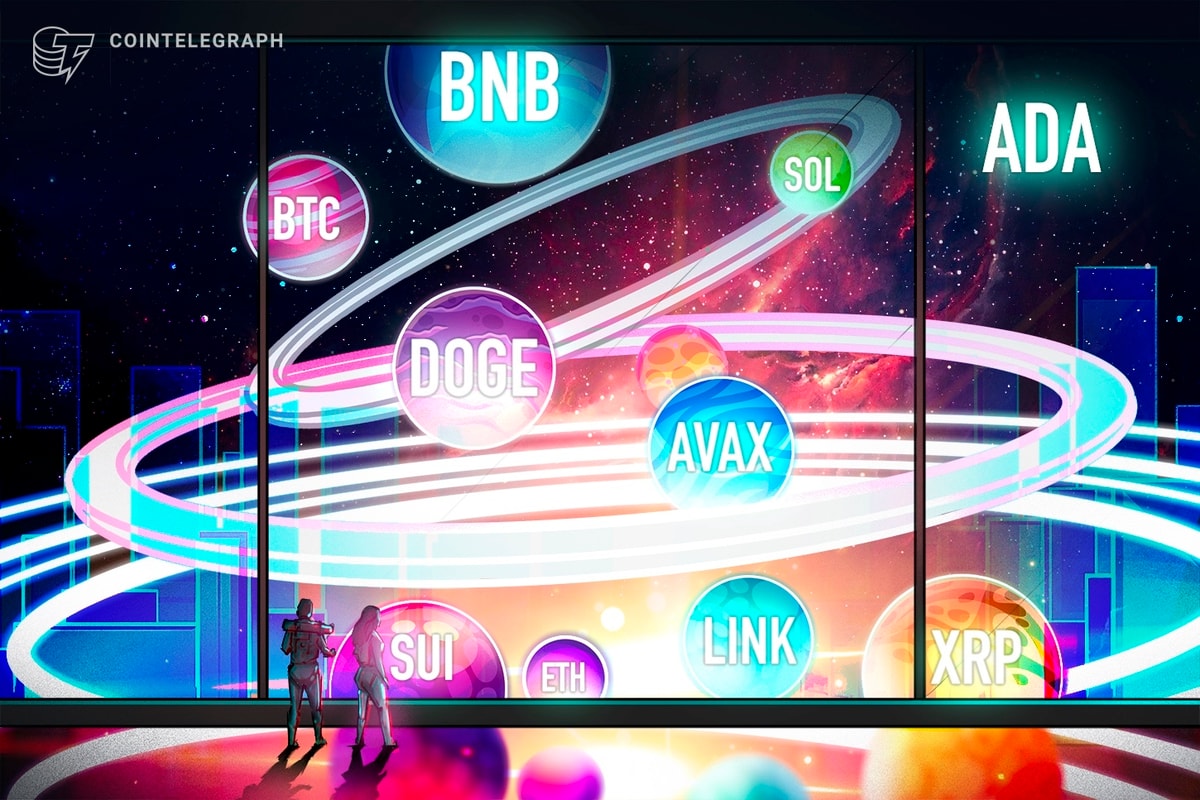Input Output Global (IOG), the driving force behind the Cardano blockchain, has ceased the development of its ambitious Atala Prism project, an initiative that was previously intended to transform educational and identity management systems in Ethiopia. The news, shared via the Midnight Discord and later confirmed through multiple internal sources, raises questions as no official statement has been released thus far.
The Atala Prism project aimed to leverage the Cardano blockchain to facilitate decentralized identity solutions. The technology was set to enable secure issuance, ownership, and management of digital identities using Decentralized Identifiers (DIDs) and Verifiable Credentials (VC). In October 2021, the project gained substantial media attention when IOG announced a partnership with the Ethiopian government to deploy a blockchain-based national student and teacher ID and attainment recording system.
The project aimed to digitally verify grades, monitor school performance remotely, and enhance education and employment across the nation. It was intended to create a tamper-proof record of educational performance for five million students, 3,500 schools, and 750,000 teachers to identify and address areas of under-achievement and optimally allocate educational resources.
IOG Discontinues Cardano’s Atala Prism Project
However, recent developments have seemingly dramatically shifted the project’s trajectory. According to a Discord message from a user identified as johnny5i, the termination of the Atala project was disclosed during an online meeting. “IOG has just gutted Hyperledger Identus. The Identus DID program is basically dead in the water,” johnny5i reports.
Further exacerbating the situation, a substantial number of the Atala team members, including the entire product team, have been laid off. “They have lost 25 people including the platform engineering guys, Esteban, and Faye, the channel community outreach person,” johnny5i writes.
Despite the cessation of the Atala Prism initiative, IOG has stated that a small contingent of the team will transition to Input Output Engineering (IOE) to maintain and further develop the Hyperledger Identus Project. Esteban, a former IOG engineer, revealed via Discord, “Unfortunately, the majority of Atala, including all members of the Product team—Fay and myself included—have been let go. However, IOG has expressed commitment to continue the Hyperledger Identus Project.”
He further writes, “Regarding Atala products and Atala commercial pursuits, it’s safe to assume they will not be developed. […] I also emphasize that any former IOG employee is free to decide whether they wish to remain engaged with Identus.”
Matt K, former CTO of Atala within IOG, shared a heartfelt message with his team on Discord, reflecting on the end of a significant chapter and the impact on the team: “It’s with a heavy heart that I say goodbye to so many talented and dedicated colleagues […] I’m immensely proud of the innovative, self-sovereign identity solution we brought to life, even in the face of challenges.”
He added, “To the few team members remaining who will maintain Identus at IO, I wish you the very best in navigating this transition. I have no doubt that your talent and determination will continue to propel Identus forward.”
Notably, the shutdown of Atala Prism raises questions about the future of Cardano-based identity solutions in regions like Ethiopia. “ As of today, there are no details about the future of the PRISM Sandbox; I assume, at some point, updates will be shared,” Esteban writes.
[UPDATE: 11:11 am GMT+2] Charles Hoskinson reacted via X: “This is just a reminder that prism became Hyperledger Identus about 10 months ago. It’s an Apache2 open source framework for identity applications. IO Engineering maintains the core team alongside community contributions, and products like Midnight, RealFi, and Lace will use the framework for their identity needs. This is a common practice in the open core world and how SSI should work. Identity should not be the product. That makes you the product. Identity should improve the experience of other products.”
At press time, ADA traded at $0.40.












